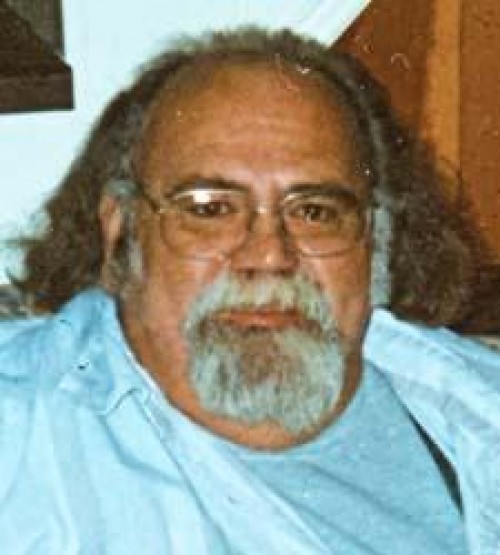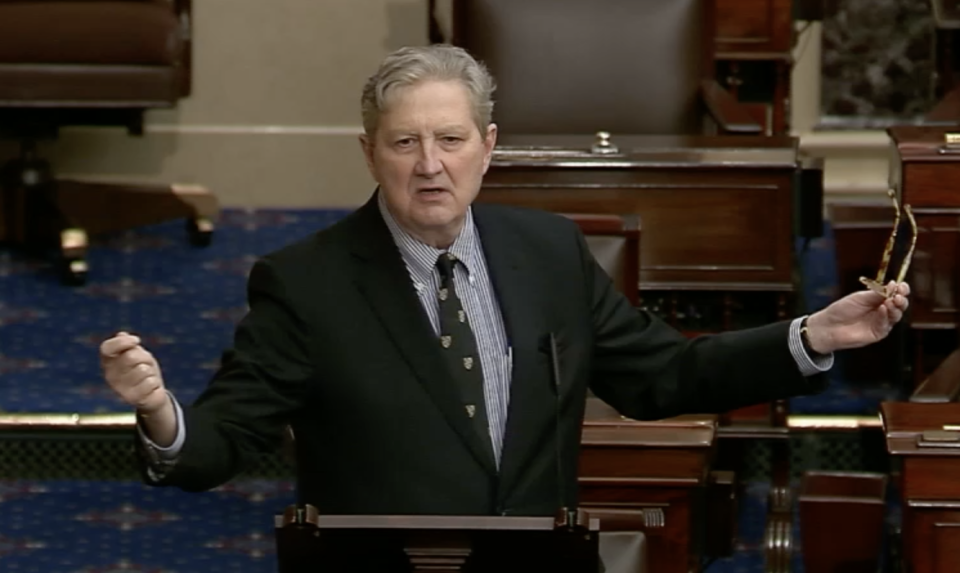
Mr. Ricky A. Thibodaux
November 24, 2009Nov. 27
November 27, 2009State and local officials are scrambling to make sure residents are counted accurately in the next census for fear of losing representation in the U.S. Congress.
“The idea that Louisiana will lose a congressional seat is all but a foregone conclusion,” said state Rep. Rick Gallot (D- Ruston) at the South Central Industrial Association’s monthly meeting last Tuesday. Congressional seats will be reapportioned after the 2010 census and be in full effect for the 2011 general election.
According to Gallot, trying to pinpoint where redistricting will take effect is just speculation at this point. “It’s too early to tell because we don’t have the numbers yet,” said Gallot.
Unlike previous years, the 2010 census will have an early round of public hearings to make sure that people know the importance of reporting for the census.
“Getting an accurate count of individuals living in Terrebonne Parish is vitally important because it will determine the amount of federal funding we receive,” said Linda Henderson, Terrebonne Parish’s census coordinator. According to www.census.gov, this year’s census will determine the allotment of $400 billion in federal funding with a major impact on infrastructure and quality of life expenditures.
A second round of public hearings will be held once census data is compiled to get public input on redistricting plans. Redistricting is always a contentious, but Gallot said that rules have become so strict that the days of gerrymandering are over.
The state used to be able to have districts within 5 percent of each other. “That no longer applies,” said Gallot.
The justice department also requires that the state have at least one minority district in order to be approved. As a result, redistricting has become somewhat tamer.
Perhaps the largest factor in the state’s population decrease is the number of people who moved out after one of the major hurricanes this decade and never moved back home. The location of the feet, not the heart, will be counted for the upcoming census.
“Certainly we had a lot of people move out after the hurricanes who never made it back,” said Gallot. “Wherever you reside on Census Day, that’s where you’ll be counted.”
U.S. Sen. David Vitter launched a failed attempt to exclude illegal immigrants from the census, who have always been counted in the census. His amendment to bar funding for a census without a citizenship question did not make it out of committee.
“If the current census plan goes ahead, the inclusion of non-citizens toward apportionment will artificially increase the population count in certain states, and that will likely result in the loss of congressional seats for nine other states, including Louisiana,” said Vitter.
Gallot, however, stressed the importance of “getting out the count” rather than trying to change the way the system works.
“The law is what it is. It’s sad that people are talking about it like it’s a new Obama initiative. It’s not,” said Gallot. “I’d rather spend my time helping people understand how it impacts funding and representation.”
On a state level, the Tri-parish area’s representation looked safe. The population in Terrebonne and Lafourche parishes increased more than the state average, which should offset minor losses in St. Mary and Assumption parishes.
“I think as a general rule the districts in southern Louisiana won’t see any major changes,” said Gallot.
In order to get the best count possible, “The state has more committees and more staff than ever before to make sure that the census count is accurate,” said Henderson. She also said that she was recently appointed to the governor’s census commission and will represent the parish.








